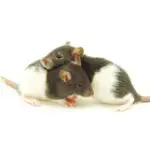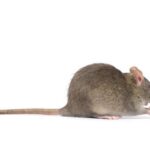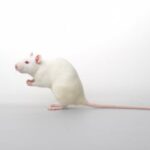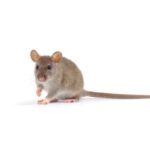Can Rats Become Immune to Poison?
The question of whether rats can become immune to poison has been asked for many years. The answer varies depending on what a person believes to be true. Historically, the government has done research to understand how poison resistance develops in rats. This research involves a variety of methods including trapping and feeding whole animals to test for resistance. This work was discontinued in the 1990s, but the problem of rat poison resistance has increased since then.
One reason for this is that rats develop genetic resistance to many rodenticides. It’s thought that a genetic mutation in the vitamin K gene helps the rat become immune to poisons. This mutation is present in about three-quarters of rats around the world. While the mutation in the gene is unlikely to affect human health, it may result in the rats developing resistance to poisons. In addition, rats with this mutation tend to live long enough to reproduce and have offspring. This cycle can continue until half the rat population has become resistant.
In addition, rats are able to develop a strong aversion to baits that contain poison. The rat will often avoid the bait because it thinks it is food, causing the poison to be ineffective. Therefore, it is best to use fresh bait whenever possible. This is because old poisons lose their effectiveness when they expire. Also, the rodenticides are more likely to lose their effectiveness if they are stored in an unfavourable environment.








